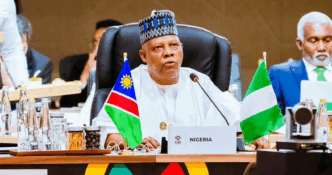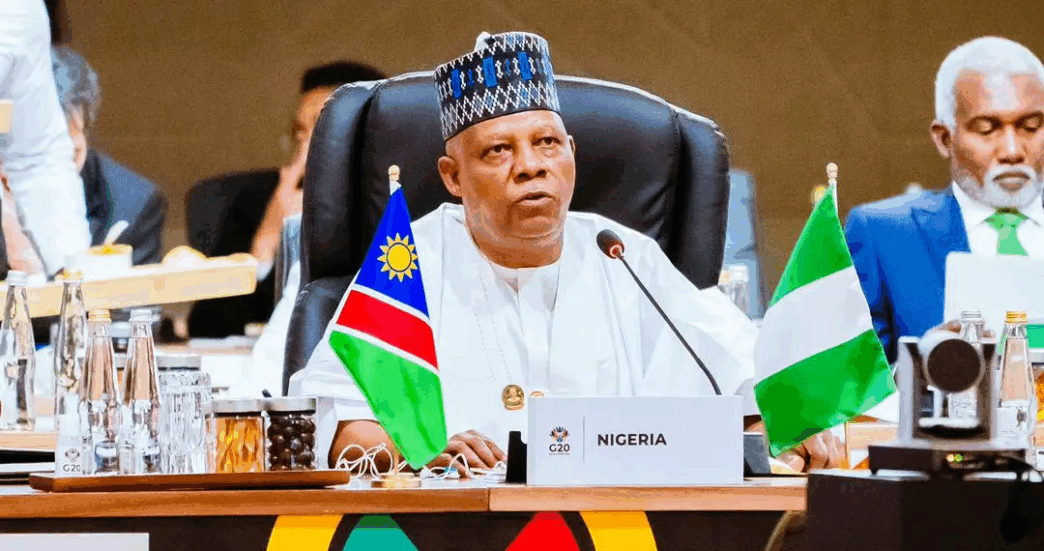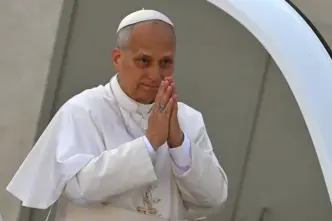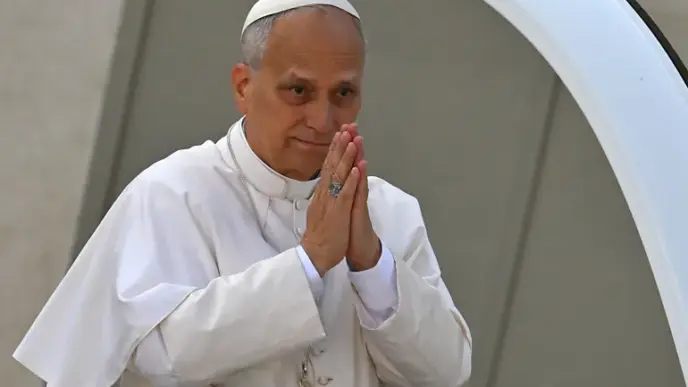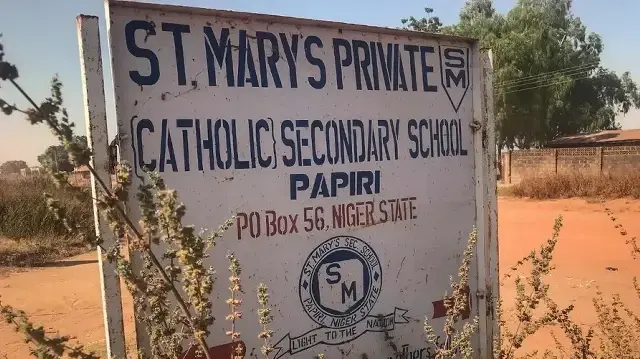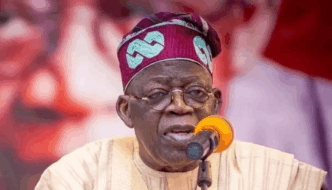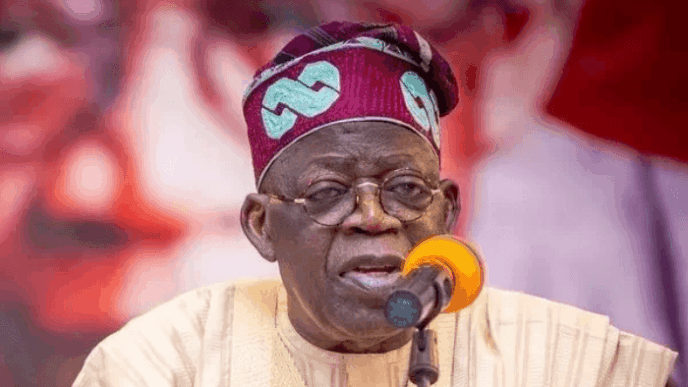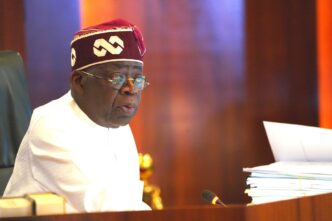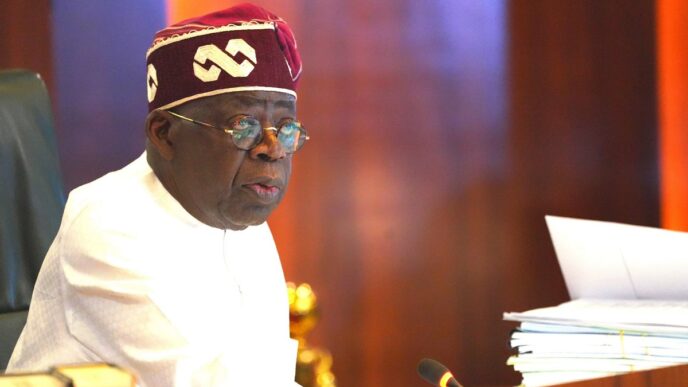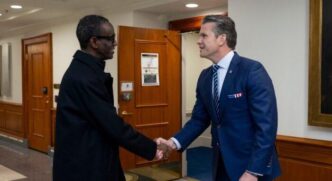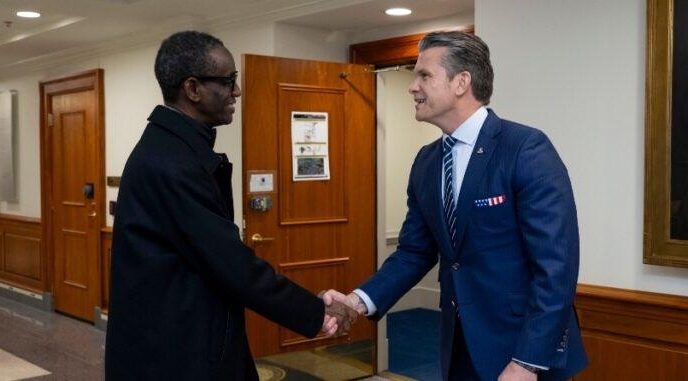Nigeria has called on G20 leaders to back a global framework that ensures fairness in the extraction and trade of critical minerals, insisting that Africa’s resource-rich communities must not be side-lined from the wealth generated on their land.
At the Third Session of the 2025 G20 Leaders’ Summit in Johannesburg, President Bola Ahmed Tinubu — represented by Vice President Kashim Shettima — stressed that critical minerals should fuel Africa’s industrial growth rather than entrench historic inequalities.
The remarks were disclosed in a statement issued on Saturday by Stanley Nkwocha, Senior Special Assistant to the President on Media & Communications (Office of the Vice President).
According to the statement, Shettima noted that while the continent’s natural endowments hold immense potential for economic transformation, “the possession of resources alone does not guarantee prosperity.” He emphasised the urgent need for transparency, accountability and fairness across global mineral supply chains.
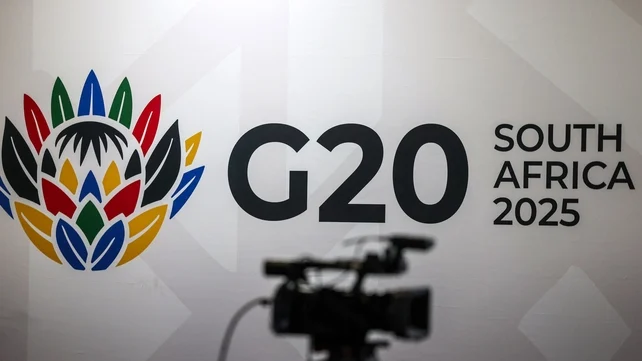
He stated that Nigeria is pushing for “value addition at the source” to ensure that host communities “are not left behind.”
Reflecting on the summit’s theme — “A Fair and Just Future for All: Critical Minerals, Decent Work, Artificial Intelligence” — the Vice President explained that Nigeria is equipping young people with technology and vocational skills under the Renewed Hope Agenda, ensuring the country’s economic transition remains centred on citizens. “Decent work is the anchor that makes these transitions fair, inclusive and sustainable,” he said.
President Tinubu also threw his weight behind calls for ethical global standards for artificial intelligence, insisting that AI must strengthen development rather than deepen global inequality. “Nigeria supports the creation of global ethical standards for AI that uphold safety, transparency and equity,” he said. “We must ensure that AI becomes a tool of empowerment, not exclusion; of job creation, not displacement.”
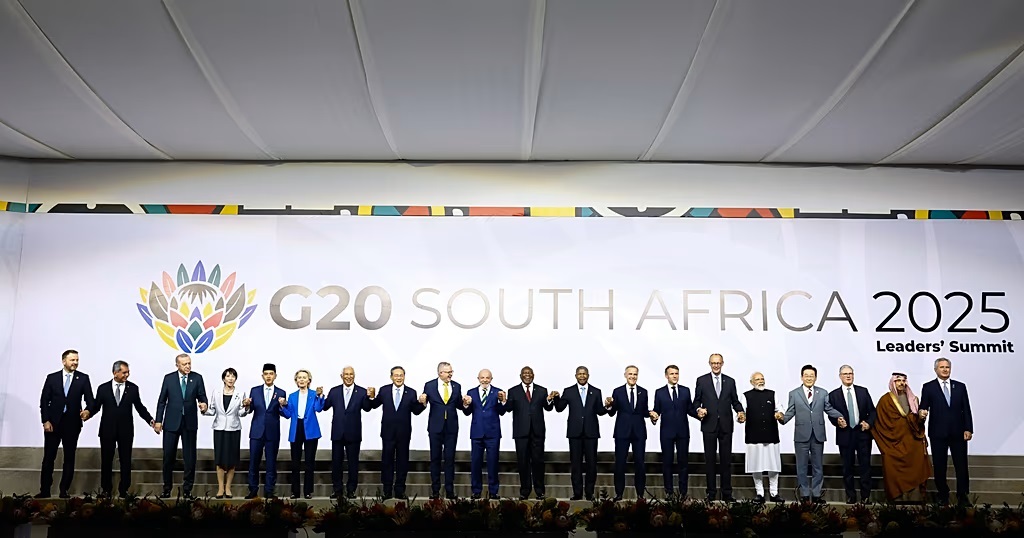
He urged deeper cooperation between developed and developing nations to tackle AI-related risks and broaden its benefits, stressing that multilateral dialogue is necessary to counter systemic bias and avert new technological divides.
On global finance, President Tinubu told world leaders that the current international system is out of step with present-day realities. He argued that developing countries continue to grapple with structural limitations that hinder trade and financial inclusion, warning that persistent debt pressures are stifling growth. “Only a more equitable and more responsive system can manage global financial flows with fairness and address recurring debt crises with sincerity,” he said.
He maintained that Africa cannot unlock a new development path “without a collective resolve of the G20,” adding that sustainable financing is essential for driving national priorities.
President Tinubu urged the summit to prioritise debt sustainability and responsible mineral governance, describing them as fundamental to shaping a global economy that “uplifts rather than excludes.”
Nigeria’s delegation underscored that the continent seeks a future where it is not merely a source of raw materials but a hub of value creation, innovation and industrial advancement.


 Trending
Trending 
